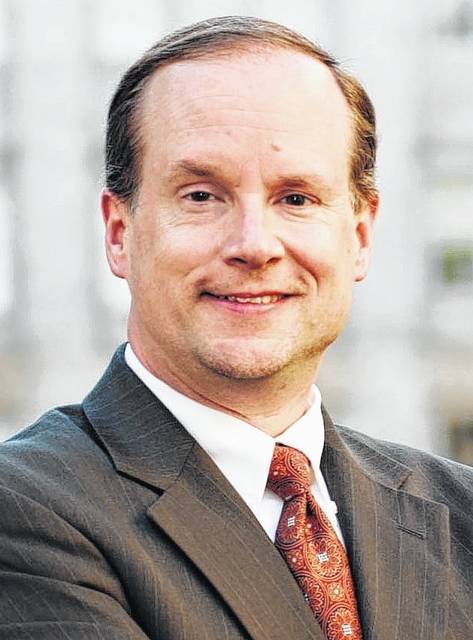Whether North Carolina pays its public schoolteachers at a level close or equal to the national average is one of the most-debated issues in state politics. Alas, it doesn’t deserve to be.
The problem isn’t just that standard nationwide comparisons of teacher pay are both incomplete (they leave out the value and reliability of non-wage compensation such as pension benefits, for example) and of dubious relevance (the vast majority of teachers will never move across state lines for higher pay).
The fundamental problem with fixating on average teacher pay is that it bears little relationship to what we are really trying to accomplish: gains in student achievement and attainment.
By my count, about a hundred scholarly studies have been published since 1990 that tested the link between average teacher pay and educational outcomes. Most (57 percent) found no statistically significant relationship.
That really shouldn’t be surprising. While it is widely acknowledged that the quality of teaching is the single most important explanation for the value added by schools, simply giving across-the-board raises to all teachers — the excellent, the average, and the horrible — is unlikely to improve quality much.
It might modestly increase retention of excellent teachers, admittedly — but no more than, and probably far less than, it will increase retention of horrible ones. Long-term studies demonstrate that biggest effects on students occur in the “tails” of the teacher-quality curve. That is, exposure to an excellent teacher can be transformational. Exposure to a horrible teacher can be disastrous.
In reality, teacher pay is inherently differentiated. But in North Carolina, the practice until recently was to differentiate in ways that didn’t serve students well. We paid teachers more for every year of experience in the classroom, even though the gains from teacher experience were far, far larger in the early years of a teacher’s career than in later years. We paid teachers bonuses if they acquired graduate degrees, even though a clear preponderance of peer-reviewed studies — 85 percent, I’ve counted them — found no relationship to student performance.
In recent years, however, North Carolina has initiated a dramatic and promising change in how it pays teachers. Lawmakers raised the starting base salary to $35,000, up from $30,000, and the amount is higher in most places due to local supplements. Teachers can then gain very large raises during the early years of their careers, which serves to retain promising candidates and reward gains in effectiveness.
North Carolina then further differentiates pay according to performance. Some teachers are eligible for higher pay based on supervisor evaluations, gains in student achievement, or rates of student passage on Advance Placement and International Baccalaureate exams. Others have received thousands of dollars in raises as participants in a new pilot program, Advancing Teaching Roles, that redeploys teachers as either Multi-Classroom Leaders (who help boost the effectiveness of their colleagues) or Extended Impact Teachers (who reach more students throughout the school day).
Differentiating pay according to evaluations, student gains, enhanced duties, and working in hard-to-staff schools or subjects is both necessary and challenging. No state or district has yet mastered it, although there are important lessons to learn from programs currently in the field. In a new report for Georgetown University’s FutureEd program, Thomas Toch took a careful look at the District of Columbia’s evolving approach to hiring and paying teachers, concluding that the district “has given its students a far better chance than they had before.”
As for empirical research, a new paper by two Purdue University economists examined the effects of hundreds of pay-for-performance systems implemented statewide, district-wide, or at individual schools since 1986. Exposure to these programs, particularly in high-poverty schools, boosted student attainment and future outcomes such as employment and wage gains.
If student success is our goal, and it ought to be, then average pay is not the right policy priority. Instead, we should focus on attracting and retaining excellent teachers, providing incentives for improvement, and hastening consistently low performers out of the profession quickly — not giving across-the-board hikes.
John Hood (@JohnHoodNC) is chairman of the John Locke Foundation and appears on “NC SPIN,” broadcast statewide Fridays on UNC-TV.

